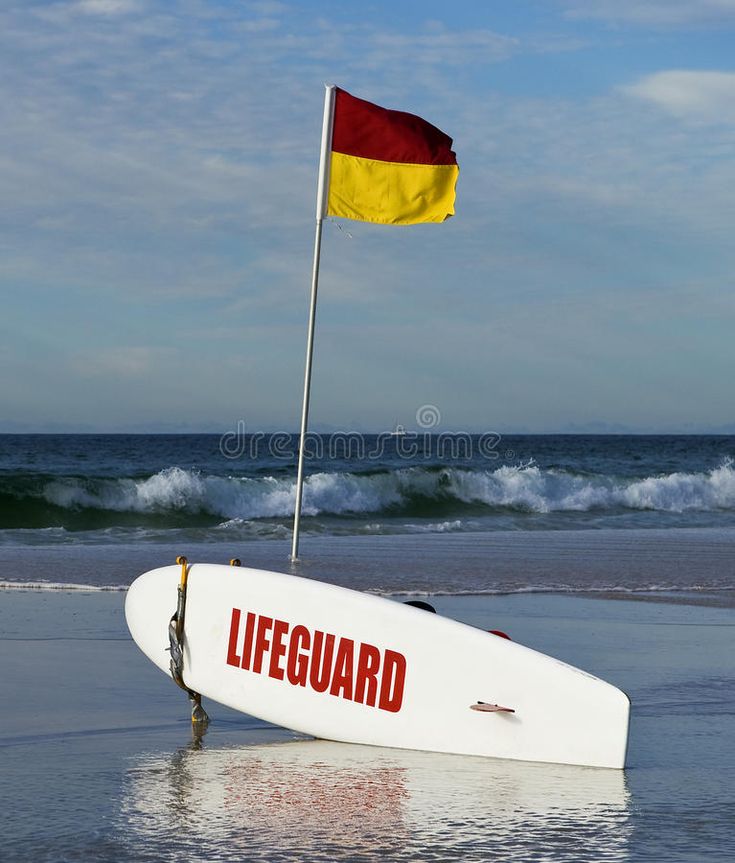Lifeguarding is often seen as a summer job or a leisurely way to spend sunny days by the pool or beach. However, in a vibrant and bustling city-state like Singapore, being a lifeguard is a multifaceted role that comes with its unique challenges and rewards lifeguard singapore. Let’s dive into what it really means to be a lifeguard in this tropical urban landscape.

The Challenges of Lifeguarding in Singapore
1. High Temperatures and Humidity
Singapore’s tropical climate means lifeguards must work under high temperatures and humidity. This can lead to fatigue and dehydration, requiring lifeguards to stay vigilant and maintain their energy levels throughout long shifts.
2. Diverse Crowds
With its melting pot of cultures, Singapore attracts locals and tourists alike. This diversity can pose challenges in communication and understanding different swimming abilities. Lifeguards must be prepared to assess situations quickly and adapt their methods to cater to various backgrounds.
3. Busy Public Pools and Beaches
Popular locations can become overcrowded, making it difficult to keep a close eye on all swimmers. Lifeguards must be constantly alert, scanning the water for signs of distress, all while managing the chaos that comes with a bustling environment.
4. Emergency Situations
Lifeguards are trained to respond to emergencies, but the unpredictability of situations can be daunting. Whether it’s a medical emergency, a drowning incident, or dealing with unruly behavior, the pressure to act quickly and effectively is always present.
5. Physical and Mental Demands
The role requires not only physical stamina but also mental resilience. Lifeguards often deal with high-stress situations and must maintain a calm demeanor. They undergo rigorous training, which includes not just swimming skills but also first aid and rescue techniques.
The Rewards of Lifeguarding in Singapore
1. Making a Difference
One of the most fulfilling aspects of lifeguarding is the ability to save lives. Knowing that you play a crucial role in ensuring the safety of others brings immense satisfaction. Every successful rescue is a testament to your training and dedication.
2. Building Community Connections
Lifeguards often form strong bonds with regular pool-goers and beach visitors. These connections foster a sense of community, allowing lifeguards to be role models for safety and health, especially for young swimmers.
3. Physical Fitness
Lifeguarding is an excellent way to stay active. The role involves constant movement, swimming, and sometimes running to respond to emergencies. It promotes a healthy lifestyle and keeps lifeguards in top physical shape.
4. Skill Development
Lifeguarding equips individuals with invaluable skills. From advanced swimming techniques to first aid and CPR, these abilities are not only beneficial for the job but also useful in everyday life. Lifeguards often leave with enhanced leadership, teamwork, and crisis management skills.
5. Job Opportunities
In a city like Singapore, lifeguards have the potential for career growth. Many go on to pursue roles in water safety management, swim instruction, or even positions in public health and safety.
Conclusion
Lifeguarding in Singapore is far more than just a job; it’s a commitment to safety and community. While the challenges are significant—from the heat and crowds to the unpredictability of emergencies—the rewards make it all worthwhile. For those passionate about water safety, being a lifeguard is an opportunity to make a lasting impact while enjoying the vibrant atmosphere of this dynamic city. Whether you’re considering lifeguarding as a career or a summer job, know that you’re stepping into a role that is both demanding and deeply rewarding.